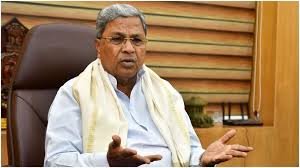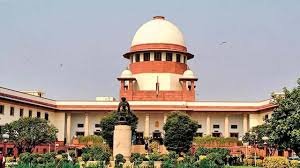Thiruvananthapuram: Daily life in Kerala came to a grinding halt on Tuesday as the Bharat Bandh, called by a coalition of 10 central trade unions and backed by farmers’ and rural workers’ organisations, triggered widespread disruptions across the state. The strike was part of a nationwide protest against the Centre’s alleged pro-corporate, anti-labour policies.
From schools and colleges to government offices and banks, attendance remained thin, with most establishments either shut or functioning with minimal staff. Public transport, including the Kerala State Road Transport Corporation (KSRTC), largely stayed off the roads, paralyzing mobility across the state.
The protest found strong resonance in Kerala, where left-leaning trade unions lent full support, leading to near-total compliance with the bandh. Cities like Kochi, Thiruvananthapuram, and Kozhikode witnessed protest marches, human chains, and road blockades. Despite the widespread participation, the strike remained peaceful, with no reports of violence or major law-and-order issues.
The demonstrators raised pressing concerns over privatization, unemployment, stagnant wages, and the erosion of social security for workers. They accused the government of favoring corporate interests at the cost of public welfare and labour rights.
Essential services such as hospitals, ambulances, pharmacies, and milk distribution were spared from the shutdown, ensuring minimal disruption for emergency needs.
Notably, the Bharatiya Mazdoor Sangh (BMS), affiliated with the ruling BJP, opted out of the strike, distancing itself from the demands raised by the protesting unions.
Trade union leaders in Kerala described the bandh as a strong collective voice for justice, vowing to continue their resistance until workers’ rights are restored and protected.




